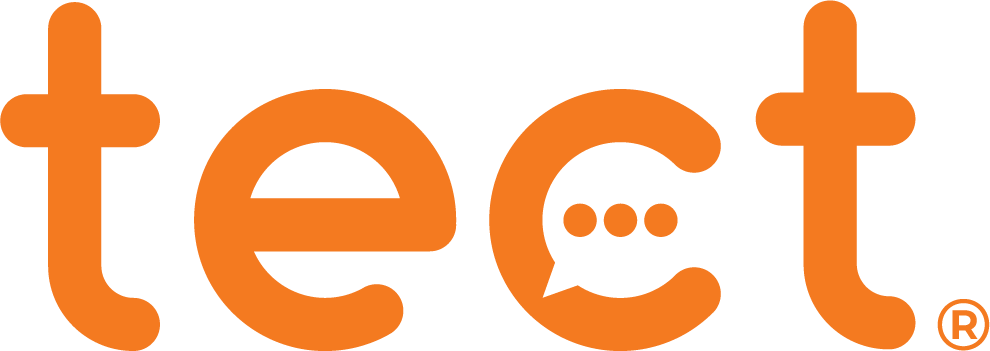Mutual respect and trust opens the door to early collaboration
#1 The most accurate indicator of future success in the building industry is the quality of relationships between design professionals and manufacturers. Winning in business together is a worthy goal, but the relationships we build should outlast the projects we create.
#2 Buildings and places are most impacted by the decisions made at the earliest stages of design. By the time projects go to bid, the majority of decisions have been made. Too often, project teams are forced to solve critical problems too late in the project cycle, resulting in cost and schedule overruns that are quite typically otherwise avoidable.
#3 Respect each others’ unique talents and expertise, and know the more project teams collaborate, the better the outcome of their projects. We believe the sheer number of products, materials, assemblies and systems that go into buildings requires the collective input of every design, engineering, and product expert in order to make informed decisions about the best use of all available options.
Each piece of the puzzle is important
#4 There are barriers between the supply and demand communities that must be dissolved. One of the greatest challenges each side faces is knowing where, when, and with whom to connect on nearly every project—regardless of type, scope or location.
#5 A process of neutral facilitation is needed in order to bridge the varied interests of individuals and organizations in our industry. Whether large, small, regional, national, institutional, innovative or all of the above, we are committed to inclusively accelerating meaningful change.
#6 Value service over sales. Most building products are sold to contractors, but serving architects and engineers—who are NOT the buyers—requires a different skill set. We equip supply-side manufacturers and product experts to adapt and grow their sensitivity to better serve the needs of design professionals. We encourage design professionals to embrace and expand their availability and access for those manufacturers and product experts who make the shift.
Technology must serve the specific needs of our community
#7 The most powerful use of technology is to connect people. The nuance and complexity of the problems and projects with which we are involved cannot be solved with data, algorithms, and information alone. Rather, creating the shortest path from keyword search to direct connection with an expert is essential.
#8 Value experience over information. In a world of immense and growing data, we prefer to empower users to engage the knowledge of an experienced professional rather than sort through an endless sea of information, especially when they don’t know what they don’t know.
#9 Privacy and regionalism are mandatory elements of a meaningful technology platform. Client-issued non-disclosure agreements (NDA’s) require personal and project information to remain private, until such time as is appropriate to share. Regionalism (including variations in building codes, climate zones, construction methods, supply side logistics, etc.) should be easier to navigate, and manufacturers and product experts who serve a given geographic market should be easier to identify.
Together, we're building a new foundation for success
#10 There is no better time than now to achieve a new level of knowledge transfer, efficiency, accuracy, and personal connection. Understanding the challenges from both sides, we recognize the deficiencies of existing tech platforms. Tect is honored to align with national, regional, and local industry associations as we work together to reverse the trends of impersonal, digitally-driven transaction-based engagements, and facilitate a return to direct, personal connection between design, engineering and manufacturing professionals at the earliest stages of every project.



